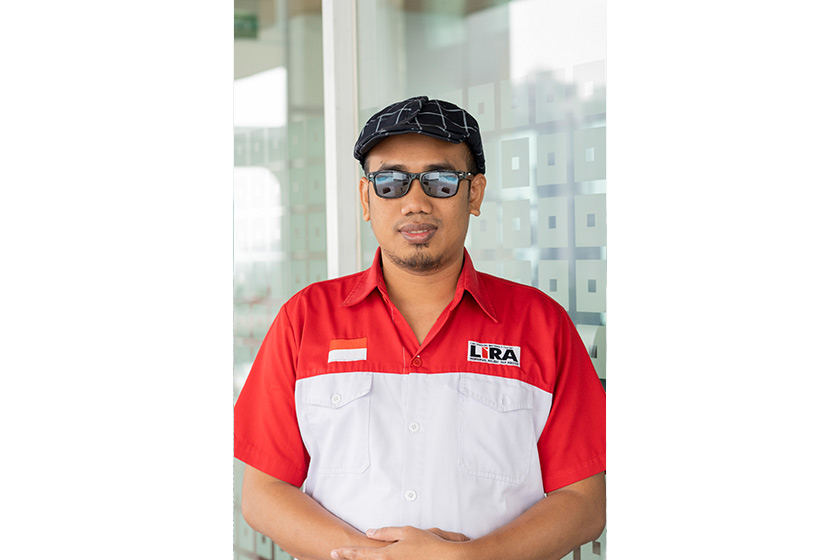11 February 2025
Join our Australian Alumni Grant Info Session!
Are you an Australian alumnus or Australia Awards in Indonesia scholar who want to strengthen your A... Read more
The Australia Awards are prestigious, transformational scholarships and short courses offered to emerging leaders for study, research and professional development in Australia

09 November 2022
 DIFA LINK
DIFA LINK
Project leader: Mr. Abdul Majid
Level of education and university: Non Degree, QUT
Collaborating Organisations: Komisi Nasional Disabilitas Republik Indonesia / KND-RI, DPW LSM Lumbung Informasi Rakyat / LSM-LIRA Jawa Timur, Yayasan Ananda Mutiara Indonesia / Y-AMI Kabupaten Sidoarjo, Yayasan Bhakti Kinasih Mandiri Kabupaten Blitar.
Project Location: This project wil conduct in Sidoarjo, Surabaya, and Pasuruan.
Activity Type: Training, workshop or seminar
Sector: Small and medium enterprise development, Economics
Project Rationale:
This rationale aims to present the characteristics of workers with disabilities based on socio-economic characteristics, the gap in work participation between persons with disabilities and non-disabled persons and the relationship between internal and external factors on the work participation of persons with disabilities in Indonesia and its global comparability.
The study and preparation of this project used a literature review approach by conducting in-depth studies on existing research, books, written reports from governments and international organisations as well as news in the mass media.
According to data from the Central Statistics Agency of the Republic of Indonesia (BPS-RI), male persons living in rural areas with disabilities having moderate severity and experiencing visual impairments participate more in the Indonesian labour market. The majority of them work in agriculture and the informal sector with wages below 2 million rupiah. However, on the other hand, the majority of non-disabled workers work in trade and services with wages above 2 million rupiah.
What needs does this DIFA LINK project want to address?
Based on the identification of the problems, the causes of the work participation gap are divided into two, namely: (1) internal factors, such as socio-demographic factors, psychological and psychosocial factors, types of difficulties/disorders, degree of disability, and the quality of workers in terms of education and skill; and (2) external factors, such as discrimination from employers, the complexity of the type of work, work productivity, and the lack of accommodation, special facilities and infrastructure for disabled workers.
Therefore, the role of the government, the private sector and social workers is urgently needed in reducing the gap between disabled and non-disabled workers. Answering this, the DIFA LINK project comes with new breakthroughs including:
DIFA LINK will gradually open customised training programs in the field of entrepreneurship. This is a forum for people with disabilities who want to create economic independence by means of entrepreneurship.
Project Beneficiaries:
The direct beneficiaries of this project are 40 persons with disabilities and their family members who are selected to participate in all stages of workshop to matchmaking business.
Priority Development Area:
Economic Recovery
Link with Australian organisation:
Not available
Share this project on:
 Related Project Profiles
Related Project Profiles
This website uses cookies to improve your website experience. We may also use cookies to analyse website data so that we can improve our online services. To find out more visit our privacy policy.
